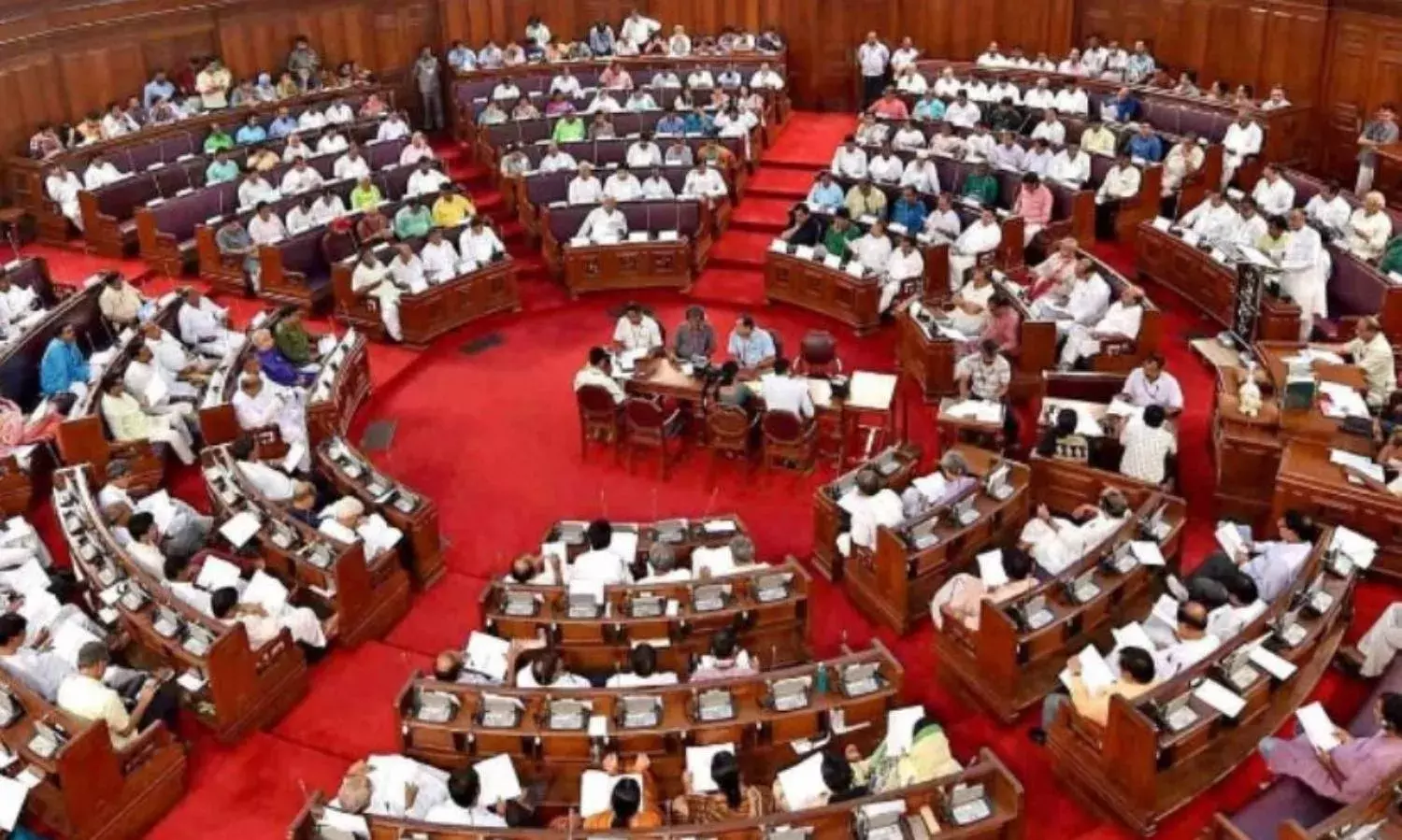The Mythology of Strong Government
Strong and stable means little

When one percent of any country own some seventy percent of national wealth, the principle of “one person, one vote, one vote one value” is always a deeply troublesome one.
In most iniquitous “democracies” those who rule the roast may need this principle to legitimize their grab of state power, but, once there, nothing is as inimical to concentrated accumulation of wealth than equitous political empowerment of diverse sections of “we the people.”
No surprise, therefore, that the economic owners of political democracy look to have “strong and stable” governments—such as can ensure their untrammeled ownership of assets and privileges.
“Strong” governments are those that desist from meddling with corporate money-making, but are always on beck and call when “disgruntled” and disenfranchised populations seek to thwart their single-minded devotion to the maximization of profits by mounting “anti-national” demonstrations, or democratic calls on the systematic arrangements of the republic for their share of the pie.
Notice how our rulers remember to invoke sundry provisions of the Directive Principles of State Policy (for example, with regard to Uniform Civil Code, Cow Protection etc.,) but never Article 39 (a) which reads “that the citizens, men and women equally, have the right to an adequate means of livelihood;” (b): “that the ownership and control of the material resources of the community are so distributed as best to subserve the common good;” (c) that the operation of the economic system does not result in the concentration of wealth and means of production to the common detriment.”
“Strong” governments are needed by the one percent not just to obviate attacks from outside, but, more crucially, the implementation of the provisions of the above Article.
We can then understand why the late Kanshi Ram once said that the poor people of India have little to look for from “strong” governments but most from those that remain creatively unstable.
Were one to cut through the mythology of “strong” governments, evidence will show that the little people of India have always benefited more from coalition governments than from “strong” governments, because it is only when governments are denied brute and monochromatic sway that people’s interventions have any hope of being received with responsiveness in the matter of governmental policy-making.
The history of economic indices will show that coalition governments have evinced not only greater care for the diverse hoi polloi but, significantly also, some of the best economic performance measured in terms of “growth.”
The story of the last five years should have left no objective student of governance in any doubt that the stronger a government becomes, the more its priorities swing away from lending a democratic ear to those who may have voted it to power, wittingly or unwittingly.
“Strong” governments indeed begin to tend most to the interests of those who may not have voted at all—elites who know the exercise of franchise to be an eyewash they can do without, since strong and unrepresentative governments be it of this party or that, can always be trusted to respond to that elite phone call when the need arises.
The principle of “stability” is thus of small philosophical pertinence if “stability” becomes just another word for crass refusal to respond to often despairing human need.
After the suffocating experience of the last five years, it is to be hoped that the General Elections, now in concluding moments, will throw up a result that will once again open up the possibility of inclusive, and widely representative governance.
Nor must the voodoo about “national security” concerns be allowed to befuddle the all-important fact that no nation can truly be secure so long as the bulk of its population remain bystanders to its governmental and policy-making concerns. Rather than make patriotic calls on “we the people” with song and dance at times of threats from external “enemies”, nothing can ensure such security more comprehensively than a polity which is made intrinsic to state power and given a continuous stake in the governance of the country.
Most of all, “strong” leaderships are those that seek not to divide the polity but to unite them on principles of justice and equity, of democratic involvement, and as empowered partners in the project of healing irrational emotional and cultural fault lines towards ensuring a weltanschuuang conducive to the energies of collective and peace-loving endeavours.
It must be asked as to why more often than not, “strong” governments of the habitual order of definition find it imperative to deepen rather than quell those fault-lines. Or to enslave state institutions in order to keep those preferences in place.
Let the coming days roll away the stone of oppression from the nation’s breast, and let “we the people” breathe again without fear and with an enhanced trust in the promise of democracy.



